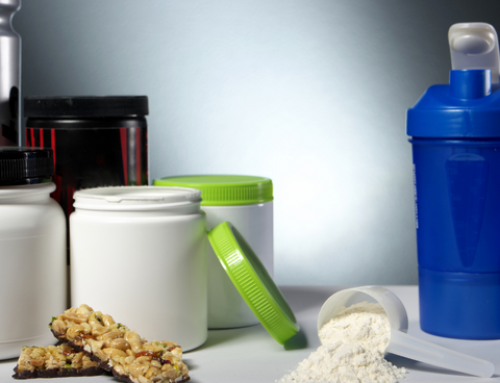The Powerful Health Benefits of Turmeric
Turmeric, the golden herb responsible for giving curry dishes their distinct color and flavor, contains a phytochemical called curcumin, which research has linked to several health benefits.
Pain Relief
In 2009, the Journal of Alternative and Complementary Medicine published a study that showed turmeric was as helpful in relieving pain as ibuprofen. The study, which examined 107 people with knee osteoarthritis, concluded that those who took turmeric supplements experienced as much pain relief and increased muscle function as those who took ibuprofen.
Anti-Inflammatory Properties
At the University of Arizona, researchers injected rats with a bacterial substance known to cause joint inflammation (i.e., arthritis). If the researchers gave them turmeric first (also by injection), the rats suffered far less swelling. It’s suspected that its anti-inflammatory properties may make turmeric a therapeutic agent for inflammatory diseases like pancreatitis, arthritis, chronic anterior uveitus, and inflammatory bowel disease.
Cancer Fighter
Several encouraging studies, including one by the Anderson Cancer Center in Texas, seem to indicate that turmeric can slow cancer growth and even stop it from metastasizing. The Anderson Center report showed that when turmeric was given to breast cancer patients, metastasis to lung cancer was inhibited.
That’s an impressive list of benefits. But there’s more. Other research suggests that turmeric can assist in removing toxins from the liver, stop the growth of new blood vessels in tumors, decrease the risk of Alzheimer’s disease, treat psoriasis, and even act as a natural antiseptic for disinfecting cuts and burns.
But Is It Safe?
It appears so. In 2007, researchers at Baylor University Medical Center reported that taking curcumin supplements for up to three months was safe.
As with any drug, there are a few caveats. The active chemical in the herb may slow blood clotting, so avoid taking it prior to any medical procedure. For the same reason, turmeric should not be used in combination with blood thinners. Also, curcumin may worsen gallbladder problems, so anyone who suffers from gallstones should talk with a doctor before taking it.
Click here to learn more about turmeric and how to add it to your diet.
RECOMMENDED FOR YOU
MOST POPULAR
The Powerful Health Benefits of Turmeric
Turmeric, the golden herb responsible for giving curry dishes their distinct color and flavor, contains a phytochemical called curcumin, which research has linked to several health benefits.
Pain Relief
In 2009, the Journal of Alternative and Complementary Medicine published a study that showed turmeric was as helpful in relieving pain as ibuprofen. The study, which examined 107 people with knee osteoarthritis, concluded that those who took turmeric supplements experienced as much pain relief and increased muscle function as those who took ibuprofen.
Anti-Inflammatory Properties
At the University of Arizona, researchers injected rats with a bacterial substance known to cause joint inflammation (i.e., arthritis). If the researchers gave them turmeric first (also by injection), the rats suffered far less swelling. It’s suspected that its anti-inflammatory properties may make turmeric a therapeutic agent for inflammatory diseases like pancreatitis, arthritis, chronic anterior uveitus, and inflammatory bowel disease.
Cancer Fighter
Several encouraging studies, including one by the Anderson Cancer Center in Texas, seem to indicate that turmeric can slow cancer growth and even stop it from metastasizing. The Anderson Center report showed that when turmeric was given to breast cancer patients, metastasis to lung cancer was inhibited.
That’s an impressive list of benefits. But there’s more. Other research suggests that turmeric can assist in removing toxins from the liver, stop the growth of new blood vessels in tumors, decrease the risk of Alzheimer’s disease, treat psoriasis, and even act as a natural antiseptic for disinfecting cuts and burns.
But Is It Safe?
It appears so. In 2007, researchers at Baylor University Medical Center reported that taking curcumin supplements for up to three months was safe.
As with any drug, there are a few caveats. The active chemical in the herb may slow blood clotting, so avoid taking it prior to any medical procedure. For the same reason, turmeric should not be used in combination with blood thinners. Also, curcumin may worsen gallbladder problems, so anyone who suffers from gallstones should talk with a doctor before taking it.
Click here to learn more about turmeric and how to add it to your diet.












